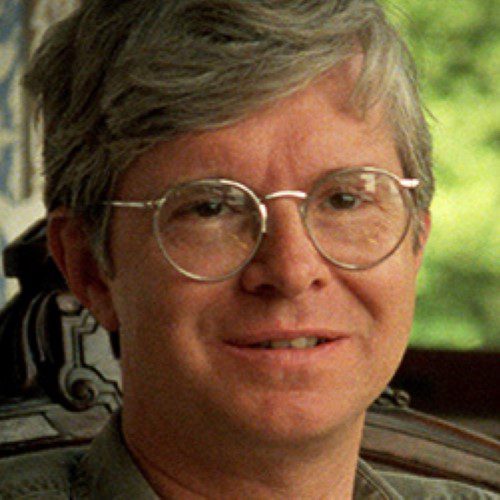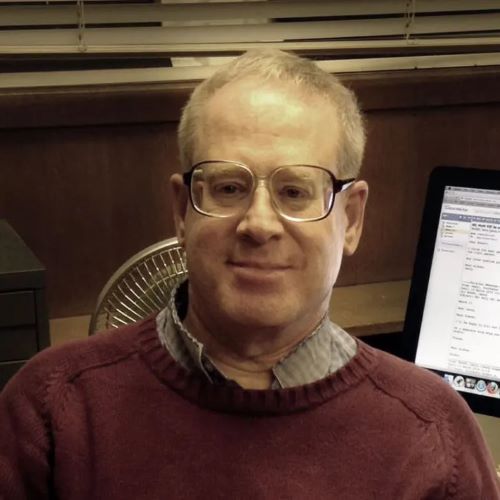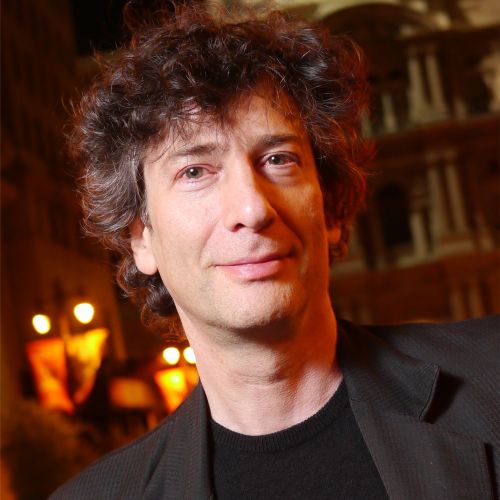Carl Ruck
Introduction
Carl Ruck is a pioneering figure in the study of mythology, best known for his groundbreaking research into the spiritual use of psychoactive substances in ancient cultures. A professor at Boston University, Ruck has spent decades unraveling the hidden layers of classical mythology and religious traditions. His focus on how sacred rituals were enhanced by mind-altering plants has opened new ways of understanding the myths of ancient civilizations, particularly those of Greece and Rome. By blending classical scholarship with ethnobotany and religious studies, Ruck invites us to look beyond literal interpretations and explore the symbolic and experiential dimensions of ancient religious practices.
Area of Expertise
Carl Ruck’s expertise lies at the intersection of mythology, ancient religion, and altered states of consciousness. He is particularly noted for his study of entheogens—plants and substances that induce spiritual or mystical experiences when used in ceremonial contexts. His work shines a light on secretive rituals such as the Eleusinian Mysteries, where initiates likely consumed a psychoactive drink known as kykeon. Ruck has also explored the Dionysian rites, Mithraic ceremonies, and Orphic traditions, suggesting that many of these were deeply rooted in shamanic experiences brought on by natural substances. What sets his approach apart is his ability to connect linguistic, archaeological, and botanical clues to reveal how these spiritual experiences shaped religious beliefs.
Books & Publications
Carl Ruck has authored and co-authored several influential books that delve deep into the esoteric side of ancient spirituality. One of his best-known works is The Road to Eleusis (1978), written in collaboration with chemist Albert Hofmann and ethnomycologist R. Gordon Wasson. This seminal book put forth the bold thesis that the sacred potion of the Eleusinian Mysteries contained a psychoactive compound derived from ergot, a fungus found on barley.
Following this, Persephone’s Quest (1986) continued the exploration of entheogens as the hidden catalysts of religious ecstasy. In The Apples of Apollo (2000), Ruck explored how pagan traditions were interwoven into early Christian rites, particularly the Eucharist, through symbolic use of mushrooms and other visionary substances. His later works such as Sacred Mushrooms of the Goddess and Mushrooms, Myth and Mithras extend his thesis into Roman and pan-European traditions.
His 2013 book Entheogens, Myth, and Human Consciousness brings together decades of research and offers a comprehensive view of how psychoactive substances have shaped spiritual practices throughout human history. These publications are frequently cited in scholarly literature and continue to inspire debate and discussion.
Research & Contributions
Carl Ruck’s research has transformed the academic landscape by encouraging scholars to consider that many mythical accounts may be rooted in actual, transformative experiences. He introduced the concept of entheogen theory to classical studies—a framework that distinguishes sacred use of mind-altering substances from recreational or abusive use. His argument is that these substances were not merely consumed for escape but were integral to spiritual enlightenment and religious revelation.
One of his most significant contributions is the reinterpretation of the Eleusinian Mysteries. Rather than viewing these rites as symbolic rituals, Ruck proposed that the initiates were undergoing genuine mystical experiences, aided by the kykeon. This has led to a broader re-examination of religious practices not only in ancient Greece but across various Indo-European cultures.
Ruck has also investigated how these themes echo through medieval art, European folklore, and even prehistoric cave paintings. He suggests that the spiritual significance of certain plants was passed down through oral traditions, visual symbols, and coded language, preserving ancient wisdom long after the original rites had faded.
His interdisciplinary method—drawing from classical texts, pharmacology, anthropology, and art history—has made him a unique voice in the academic community, challenging traditional boundaries and inviting deeper inquiry into the origins of human spirituality.
Awards & Recognitions
While Carl Ruck may not be the recipient of widely publicized awards, his impact is reflected in the ongoing relevance of his work in academia. His theories have been debated and discussed in universities, conferences, and journals across the world. Scholars in religious studies, ethnobotany, anthropology, and classics regularly cite his books and papers. His invitation to speak at prestigious symposia and institutions further highlights the respect he commands in scholarly circles.
More importantly, Ruck has helped shift the paradigm on how we interpret myth and religion, offering a lens that emphasizes experience, transformation, and the sacred role of the natural world in human consciousness. His legacy lies not just in accolades but in the foundational changes his ideas have sparked across disciplines.
Social Media Profiles
Despite the influence of his work, Carl Ruck maintains a relatively low profile on social media platforms. He does not have personal accounts on Twitter, Instagram, or Facebook, but discussions about his research frequently appear on academic blogs, Reddit threads, and history-focused YouTube channels. Interested readers can find his academic profile on the Boston University website, where many of his articles and publications are listed. This remains the best official source for updates on his work, including conference appearances and new writings.
Online forums dedicated to psychedelics, mythology, and ancient history often feature his theories, with enthusiasts and scholars alike debating and exploring the implications of his work. In an age where public intellectuals often maintain a constant online presence, Ruck’s quiet dedication to scholarship speaks to his commitment to rigorous research over self-promotion.
Bibliographic Sources
Ruck, C. A. P. (2006). Sacred Mushrooms of the Goddess: Secrets of Eleusis. Ronin Publishing.
Ruck, C. A. P. (2009). Mushrooms, Myth and Mithras: The Drug Cult that Civilized Europe. City Lights Publishers.
Ruck, C. A. P. (2013). Entheogens, Myth, and Human Consciousness. Ronin Publishing.
Boston University. (n.d.). Carl A.P. Ruck – Classical Studies. Retrieved from Boston University.
Wikipedia. (n.d.). Carl A. P. Ruck. Retrieved from Wikipedia.








